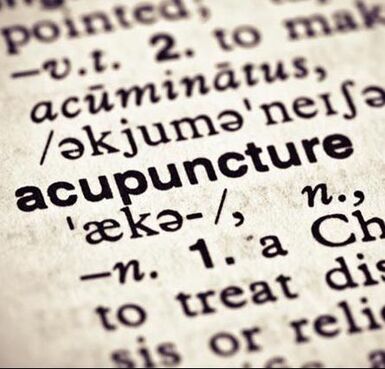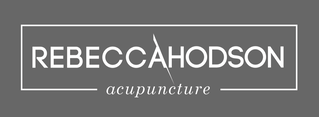
What is acupuncture?
Traditional acupuncture is a branch of traditional Chinese medicine - a tried and tested healthcare system that has been practised for thousands of years in China and the Far East. It has been developed, tested, researched and refined over centuries to give us a complex and detailed understanding of the body's energetic balance.
It has a very positive model of good health and function, and looks at pain and illness as signs that the body is out of balance. The overall aim of acupuncture treatment, then, is to restore the body's equilibrium. What makes this system so uniquely suited to modern life is that the physical, emotional and mental are seen as interdependent, and reflect what many people perceive as the connection between the different aspects their lives.
Based on traditional belief, acupuncturists are trained to use subtle diagnostic techniques that have been developed and refined for centuries. The focus is on the individual, not their illness, and all the symptoms are seen in relation to each other. Each patient is unique; two people with the same western diagnosis may well receive different acupuncture treatments. This holistic approach means that people seek acupuncture treatment for many different reasons, for a specific health condition, to enhance their sense of wellbeing, feel revitalised or gain a sense of relaxation.
The Latest Research…
When making decisions about our health we all want to make informed choices. To assist patients, the British Acupuncture Council has produced a series of factsheets on research into the use of acupuncture for a wide range of conditions including:
Click here for more information
Traditional acupuncture is a branch of traditional Chinese medicine - a tried and tested healthcare system that has been practised for thousands of years in China and the Far East. It has been developed, tested, researched and refined over centuries to give us a complex and detailed understanding of the body's energetic balance.
It has a very positive model of good health and function, and looks at pain and illness as signs that the body is out of balance. The overall aim of acupuncture treatment, then, is to restore the body's equilibrium. What makes this system so uniquely suited to modern life is that the physical, emotional and mental are seen as interdependent, and reflect what many people perceive as the connection between the different aspects their lives.
Based on traditional belief, acupuncturists are trained to use subtle diagnostic techniques that have been developed and refined for centuries. The focus is on the individual, not their illness, and all the symptoms are seen in relation to each other. Each patient is unique; two people with the same western diagnosis may well receive different acupuncture treatments. This holistic approach means that people seek acupuncture treatment for many different reasons, for a specific health condition, to enhance their sense of wellbeing, feel revitalised or gain a sense of relaxation.
The Latest Research…
When making decisions about our health we all want to make informed choices. To assist patients, the British Acupuncture Council has produced a series of factsheets on research into the use of acupuncture for a wide range of conditions including:
- Musculoskeletal pain, sciatica, sports injuries and arthritis
- Gynaecological & infertility issues
- Headaches & migraines
- Stress, anxiety & depression
- Insomnia
- Skin problems
- Digestive disorders, including irritable bowel syndrome, nausea and vomiting
- Allergy
- Chronic fatigue syndrome.
Click here for more information

